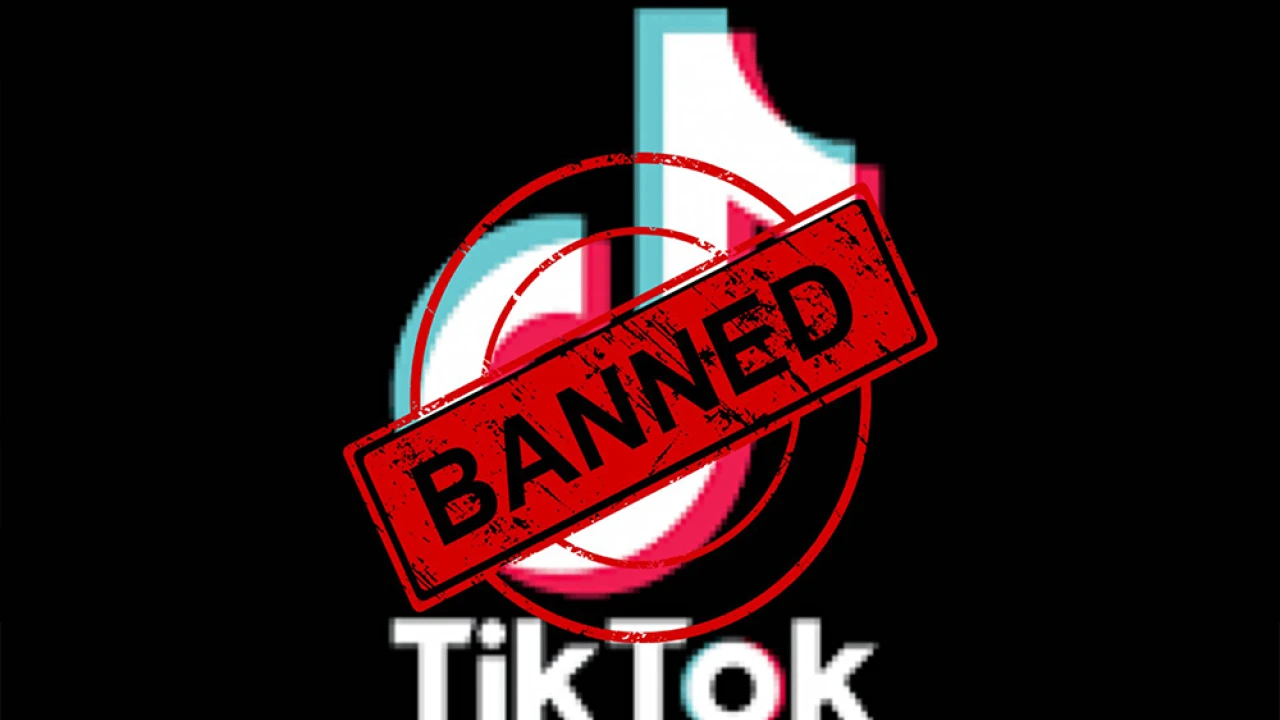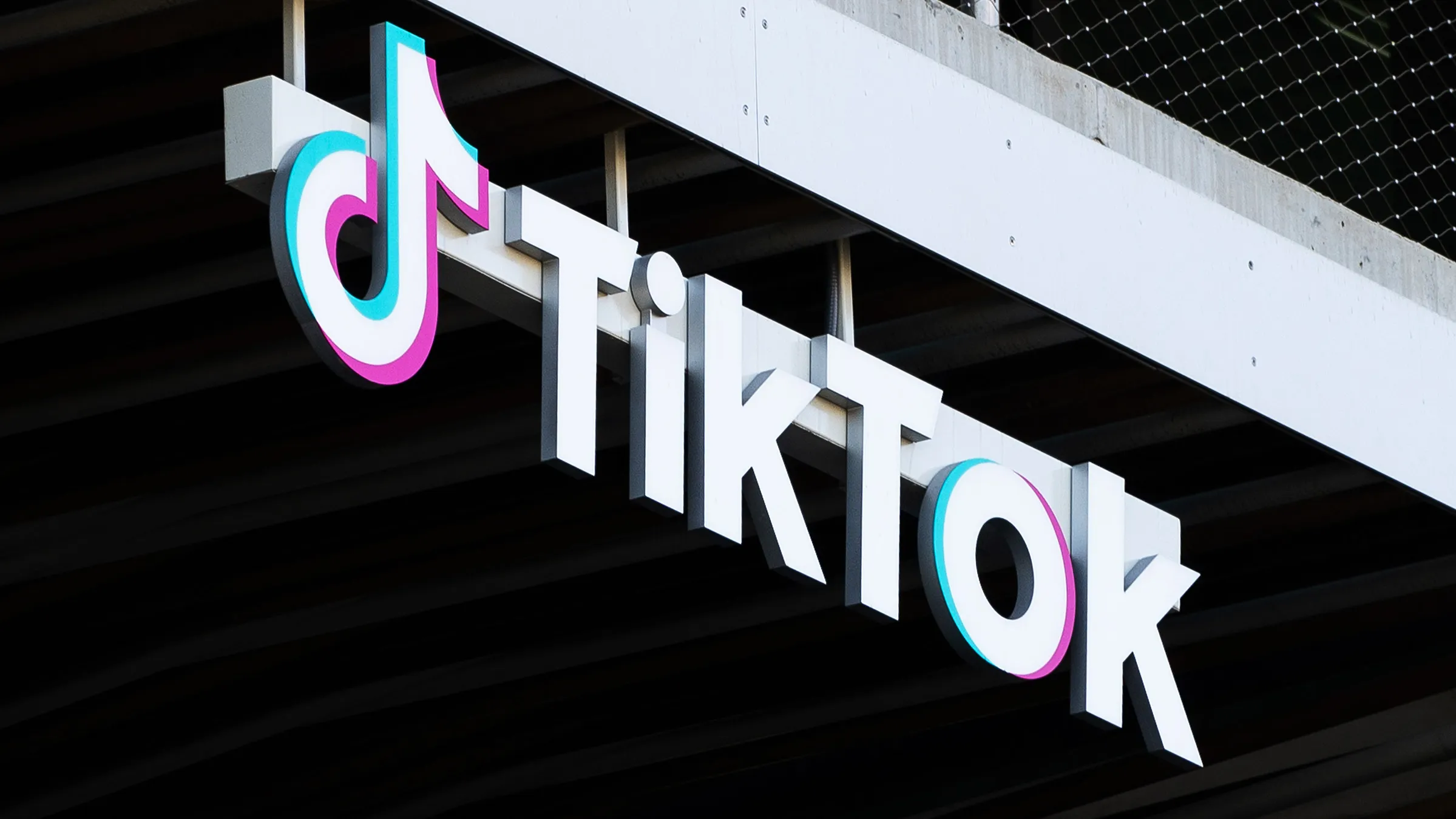In a decisive response to swirling rumors, ByteDance, the Chinese conglomerate behind TikTok, has officially denied any intentions of selling the social media juggernaut. This statement marks the company’s first formal address regarding the issue since the new U.S. legislation that might usher in a nationwide ban on the app.
According to a statement released on Toutiao, ByteDance’s news aggregation platform, “Foreign media reports that ByteDance is exploring the sale of TikTok are untrue.”

This explicit clarification comes in the wake of an article published by the Information, which suggested that ByteDance was considering selling TikTok’s U.S. operations without its core video recommendation algorithm.
ByteDance rebuffed these claims with not only denial but also screenshots of the cited report, underscoring their intent to quash the misinformation.

Legislative Challenges and TikTok’s Counter
The backdrop to ByteDance’s stern denial is a tumultuous legislative environment in the U.S. The recently passed bill, part of a broader foreign aid package supporting Israel and Ukraine, includes provisions that could force the App to divest its American business or face a complete ban.
This legislation represents the most significant threat to TikTok’s operations in the U.S., where it boasts a robust user base of 170 million. Amid these challenges, the entertainment brand’s CEO Shou Chew has vocally committed to the platform’s continuity in the U.S.
“Rest assured, we aren’t going anywhere,” he affirmed in a video message to its community, signaling the company’s readiness to contest the legal pressures through judicial avenues.
After Biden signs TikTok ban into law, ByteDance says it won't sell the social media service https://t.co/8xWVImO3YV
— CBS News (@CBSNews) April 26, 2024
The Heart of the Matter: TikTok’s Valuable Algorithms
At the core of the debate around TikTok’s operational autonomy is its highly sophisticated algorithm, which personalizes content for users based on their viewing preferences and behaviors.
This technology not only keeps users engaged but is also seen as a valuable asset that ByteDance is not willing to part with, even in a forced sale scenario.
The Chinese government, recognizing the strategic importance of such technologies, has amended its laws to protect and potentially veto any unwanted foreign interference or forced technology transfers.
Data Security Concerns and International Repercussions
The controversy surrounding TikTok is not just about corporate ownership but taps into broader anxieties over data security and national intelligence.
U.S. lawmakers express persistent concerns about the potential for Beijing to exert influence over TikTok, fearing that user data could be accessed by the Chinese government or that the platform could be used for content manipulation.
While evidence to substantiate these claims remains scant, the fears are potent enough to drive legislative action.
Notably, ByteDance operates under China’s stringent national intelligence and cybersecurity laws, which mandate cooperation with state intelligence efforts—a fact that has fueled the global debate over the app’s operation and management.

A Global Context: Other Countries’ Stance on TikTok
The U.S. is not alone in its cautious approach towards TikTok. India led the charge by completely banning the app in 2020, and other countries have imposed restrictions on the app on government devices.
These international moves highlight the global apprehensions about social media platforms operated from China, reflecting a broader mistrust in digital spaces dominated by foreign powers.
As the situation unfolds, ByteDance stands firm in its commitment to maintaining control over TikTok, prepared to defend its operational and technological sovereignty.
The coming months will likely see this saga evolve as stakeholders from the corporate, legal, and governmental realms weigh in on the future of one of the world’s most influential social media platforms.


